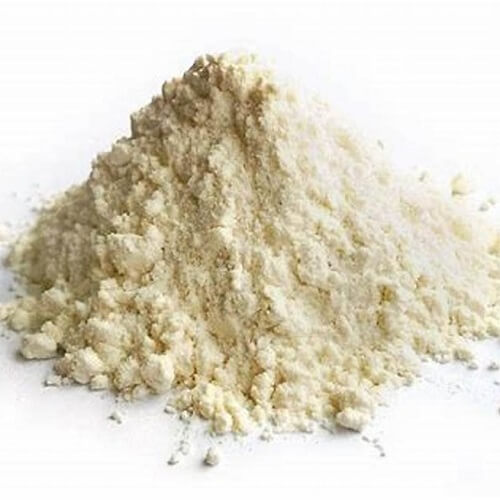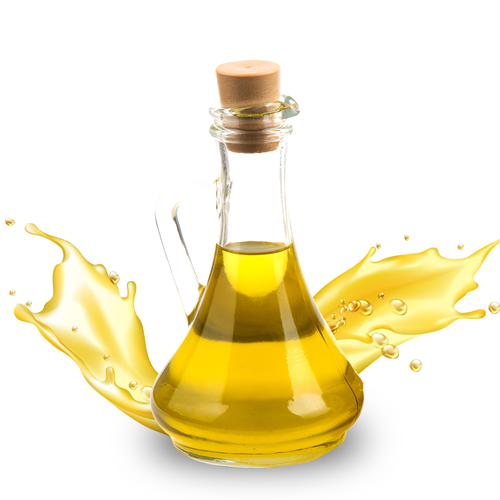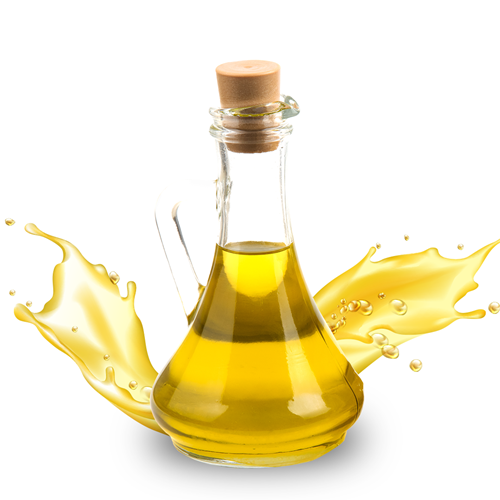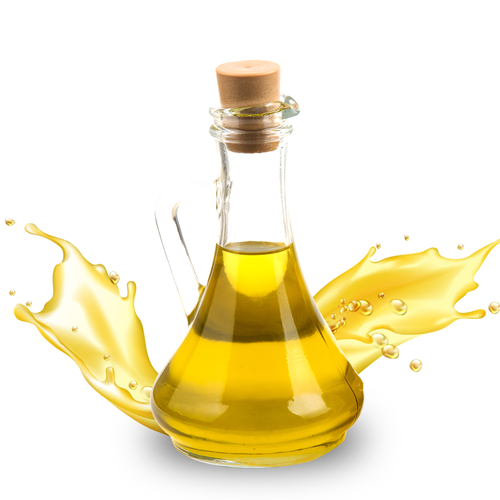Menu
Add description, images, menus and links to your mega menu
A column with no settings can be used as a spacer
Link to your collections, sales and even external links
Add up to five columns
Add description, images, menus and links to your mega menu
A column with no settings can be used as a spacer
Link to your collections, sales and even external links
Add up to five columns
LOOKING FOR BULK INGREDIENTS PRICING?

Benifits Of Isomerase - Wholesale B2B Bulk Suppliers in Europe
Understanding Isomerase: The Enzyme that Drives Molecular Transformations
Isomerase is a remarkable class of enzymes responsible for catalyzing the rearrangement of molecular structures within a compound. In the world of biochemistry and industrial applications, isomerases play a critical role in transforming one isomer into another, thereby facilitating essential biochemical processes and enhancing product formulations across sectors.
What is Isomerase?
Isomerases are enzymes that facilitate the interconversion of isomers—molecules that have the same molecular formula but different structural arrangements. This transformation is vital in various metabolic pathways, including carbohydrate metabolism, lipid metabolism, and amino acid synthesis.
There are several types of isomerases, each with a specific function:
-
Racemases and epimerases: Convert stereoisomers
-
Cis-trans isomerases: Convert geometric isomers
-
Intramolecular oxidoreductases: Facilitate internal redox changes
These enzymes are found in living organisms and are also synthesized for industrial use in pharmaceuticals, food processing, and biofuel production.
Applications of Isomerase in Industry
1. Food Industry:
One of the most well-known applications of isomerase is in the conversion of glucose into fructose using glucose isomerase. This is a key step in producing high-fructose corn syrup, a common sweetener in beverages and processed foods.
2. Pharmaceutical Industry:
Isomerases are used in drug development to create stereospecific compounds, enhancing the bioavailability and effectiveness of medications. They are also crucial in studying metabolic disorders.
3. Biotechnology and Research:
Isomerases are valuable tools in genetic engineering and metabolic engineering. They help in synthesizing rare sugars, which are used as precursors in drug synthesis and specialty chemicals.
4. Biofuels and Green Chemistry:
Enzymes like isomerases are used to develop more sustainable methods for producing biofuels. Their catalytic efficiency and specificity reduce the need for harsh chemicals and energy-intensive processes.
Benefits of Isomerase Enzyme Supplements
In the nutraceutical world, isomerase enzyme supplements are sometimes included in digestive aids to support carbohydrate digestion. These enzymes help convert various forms of sugars into more easily digestible forms, potentially benefiting individuals with certain metabolic or digestive conditions.
Key benefits include:
-
Improved sugar metabolism
-
Support for gut health
-
Enhanced nutrient absorption
Sourcing High-Quality Isomerase
Whether for industrial, research, or nutritional use, sourcing high-quality isomerase powder or enzyme blends is essential. Reputable suppliers offer food-grade, pharmaceutical-grade, or technical-grade isomerase tailored for specific applications. Look for certifications such as ISO, GMP, and third-party testing to ensure quality and consistency.
Final Thought
Isomerase is more than just an enzyme—it’s a molecular transformer with wide-ranging applications in food, medicine, research, and sustainability. As industries continue to shift toward enzymatic and bio-based processes, isomerases will play an increasingly vital role in driving innovation and efficiency. Whether you're formulating health supplements, developing pharmaceuticals, or optimizing food production, incorporating high-quality isomerase can unlock new levels of performance and reliability.
For bulk orders and inquiries, visit Reveda - Isomerase
BUY ONLINE IN USA FROM REVEDA - The leading manufacturer B2B Bulk Wholesale Supplier of Isomerase in Europe
Also in Reveda: Health & Wellness

Benifits Of Omega-3 Fish Oil EE - 460 MG/G EPA & 180 MG/G DHA - Wholesale B2B Bulk Suppliers in USA
Read More
SUBSCRIBE NOW ...
Don't miss to get latest updates on sales, new releases and promotions

